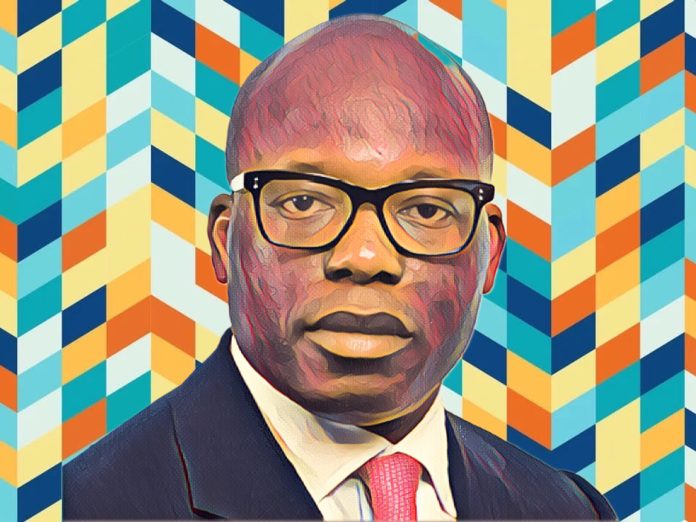KEY POINTS
- The Oando payment issue has made Irad very stressed out.
- Irad says that delays could affect the company’s bottom line.
- Scrutiny ongoing about Oando since its sales are falling.
Irad Investment Ltd. is looking into Oando Plc more closely now that Wale Tinubu, a Nigerian oil mogul, runs the company.
Irad, a Port Harcourt–based engineering and services firm, said the prolonged delays in payment have forced it to borrow heavily to finance the work, leading to mounting interest obligations and pressure from lenders.
Oando payment dispute deepens as debts linger
In a statement, Irad said it had fulfilled all contractual obligations “to Oando’s satisfaction” but has yet to receive the full settlement despite several assurances.
“We secured facilities from our bankers to execute jobs running into billions,” the firm said. “These delays have exposed us to enormous interest payments and threats to our assets.”
The company staged a peaceful protest on July 15, urging Oando to clear all verified invoices within three months, a promise it claims remains largely unfulfilled. “Nearly three months later, less than 10 percent of the total amount has been paid,” Irad added.
Irad urges Oando to act responsibly
Irad has called on Oando to demonstrate “corporate integrity and responsibility expected of a leading energy company.” It says the delays have created a ripple effect, putting suppliers and subcontractors at risk. The company said it is pursuing legal and administrative options to recover payments, though Oando has yet to comment publicly on the dispute.
Meanwhile, Oando, listed on both the Nigerian Exchange and Johannesburg Stock Exchange, remains one of Africa’s leading energy firms with interests across oil exploration, trading, and renewables.
Wale Tinubu has helped the company grow a lot, but now its profits are going down. It also said that lower oil prices and fewer deals caused a 15 percent drop in revenue, which fell to ₦1.72 trillion ($1.12 billion) in the first half of 2025.
Acccording to Billionaires Africa, The disagreement makes the company’s finances a lot worse as it moves forward with a $1.5 billion issue package to improve cash flow and stabilize operations.



